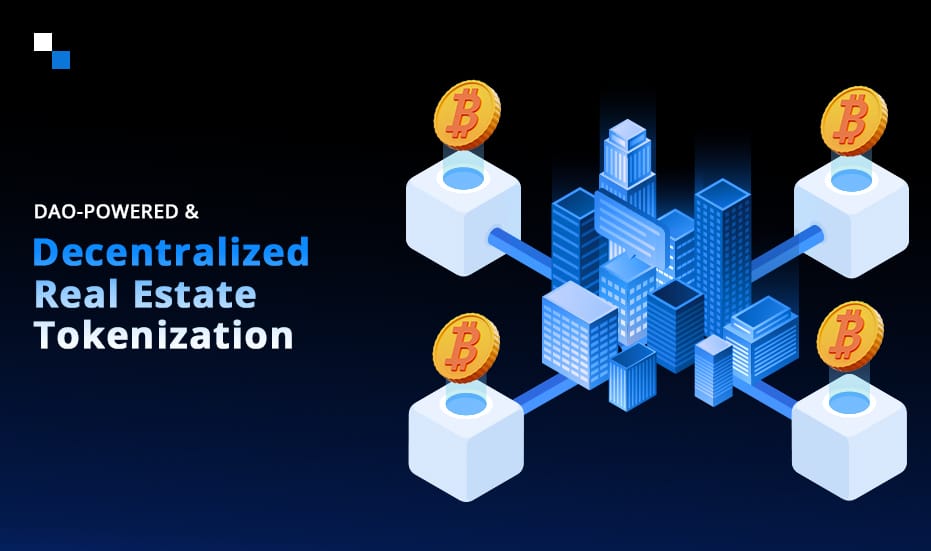BFN Lab: Insights and Innovations
Explore the latest trends and insights in technology, science, and innovation at BFN Lab.
Decentralized Player Protection: The New Shield Against Online Gaming Risks
Discover how decentralized player protection revolutionizes online gaming safety and safeguards your experience from emerging risks!
Understanding Decentralized Player Protection: What Gamers Need to Know
Decentralized player protection is becoming increasingly important in the gaming industry as it empowers players by ensuring their rights and maintaining fair play. Unlike traditional gaming systems, which often rely on centralized authorities to manage transactions and enforce rules, decentralized platforms use blockchain technology to create a transparent and secure gaming environment. This technology enables players to have complete ownership of their in-game assets, ensuring that their investment in time and money is protected from unfair practices.
For gamers, understanding how decentralized player protection works is crucial in navigating the evolving landscape of online gaming. Here are key points to consider:
- Transparency: All transactions are recorded on the blockchain, making it easy to verify actions and maintain fair play.
- Ownership: Players fully own their in-game assets, allowing them to trade or sell without interference.
- Security: Decentralization reduces risks of hacking and fraud, as there’s no single point of failure.
By leveraging these advantages, players can enhance their gaming experience while ensuring their rights are protected in a fairer gaming ecosystem.

Counter-Strike is a highly popular first-person shooter game that pits teams of terrorists against counter-terrorists in various game modes. Players can utilize strategy and teamwork to complete objectives, such as defusing bombs or rescuing hostages. If you're interested in enhancing your gaming experience, you might want to check out this stake promo code for some added bonuses.
How Blockchain Technology is Revolutionizing Online Gaming Safety
Blockchain technology is rapidly transforming the landscape of online gaming, particularly in enhancing safety and security for players. By utilizing decentralized ledgers, blockchain ensures that all transactions are recorded transparently and immutably, making it nearly impossible for malicious actors to alter game results or manipulate financial exchanges. This level of transparency not only builds trust among gamers but also provides a clear audit trail, which is crucial in an industry often plagued by fraud and cheating. Moreover, the implementation of smart contracts on blockchain platforms further automates and secures various gaming processes, reducing the opportunity for human error and enhancing overall user experience.
Additionally, blockchain technology offers players greater control over their in-game assets. Traditionally, players have limited ownership of the virtual goods they acquire, often tied to centralized platforms that can restrict access or revoke privileges at will. However, with blockchain, players can truly own their assets as non-fungible tokens (NFTs), which can be traded or sold on various marketplaces without fear of losing their investment. This shift not only empowers gamers but also fosters a vibrant secondary market, driving innovation and engagement within the gaming community. As blockchain continues to evolve, its potential to enhance online gaming safety is bound to reshape how gamers interact with digital environments.
Is Decentralized Player Protection the Answer to Online Gaming Fraud?
As the online gaming industry continues to grow exponentially, the issue of fraud has become increasingly pressing. Decentralized player protection is emerging as a potential solution to combat various forms of fraud, from account takeovers to cheating. By leveraging blockchain technology, decentralized platforms can ensure transparency and fairness in gaming transactions. Players can trust that their information is secure and that the games they are playing are not manipulated by dishonest practices. This evolution towards decentralization not only enhances player trust but also establishes a more equitable environment for all participants.
Moreover, the implementation of decentralized player protection can significantly lower the barriers for new gamers entering the online space. By minimizing the risk of fraud, it encourages more players to participate without fearing financial loss or unfair treatment. This transition can lead to a more vibrant and diverse gaming community. However, it is essential for game developers and platform operators to embrace these new technologies and educate users on their benefits. Ultimately, decentralized player protection could very well be the cornerstone in the fight against online gaming fraud, ensuring a safe and enjoyable experience for everyone.